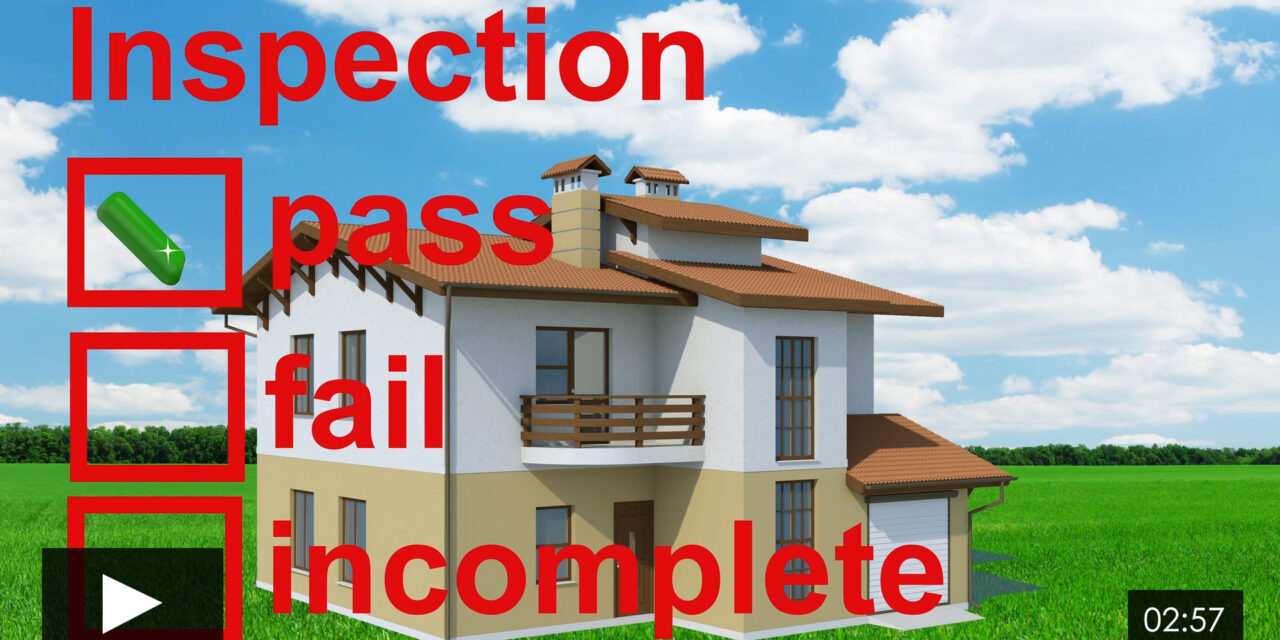Building codes and the State Housing Law
Construction of residential and commercial buildings is regulated by the state of California through building codes.
The State Housing Law outlines the construction requirements and standards for all buildings in California. The Housing Law dictates the construction and occupancy of dwellings, including:
- single family residences (SFRs);
- apartments;
- hotels; and
- motels.
The Department of Housing and Community Development (HCD) (www.hcd.ca.gov) is responsible for adopting administrative regulations to carry out the provisions of the Housing Law. The HCD establishes building standards and codes, called the California Building Standards Code. [24 Code of Federal Regulations §3280 et seq.]
Local governments can amend building codes to meet the particular needs of its community. Local amendments are typically made based on local climactic, geological or topographical conditions. Though amended, local building codes need to comply with state regulations.
Building codes are enforced by building inspectors at the local level. Prior to beginning construction, a building permit is obtained from the local building department. Once complete, a building needs to pass inspection and receive a certificate of occupancy before allowing occupancy. The California Department of Public Health may stop the construction of a property when its water supply, sewage or drainage system is impaired.
Standards for the construction of mobilehomes are governed by the Department of Housing and Urban Development (HUD) in Title 24 of the Code of Federal Regulations. [24 CFR §3280 et seq.]
Role of a contractor
A contractor is anyone who constructs, alters, repairs, improves or demolishes any building, road, project, development or improvement. [Business and Professions Code §7026]
A contractor is to be licensed by the California Department of Consumer Affairs Contractors State Licensing Board (www.cslb.ca.gov). They also need to post a bond or cash deposit. Contracting without a license is a misdemeanor, unless exempt from licensing requirements. [Bus & P C §7028(a)]
Exemptions from the contractor’s licensing law include:
- any work performed, including labor and materials, for less than $500 [Bus & P C §7048];
- any work performed by the owner of the property [Bus & P C §7044];
- any work performed by a public utility [Bus & P C §7042];
- oil and gas operations [Bus & P C §7043]; and
- work performed for agricultural purposes.
There are three types of contractor licenses:
- general engineering;
- general building; or
- specialty.
A general engineering contractor specializes in engineering, such as irrigation and drainage, flood control, streets and roads and bridges. [Bus & P C §7056]
A general building contractor specializes in the construction of any structure designed for occupation by people, animals or personal property. [Bus & P C §7057]
A specialty contractor focuses on one particular trade or craft, such as servicing fire extinguisher systems, laying carpet or linoleum, or preparing roadway construction zones. [Bus & P C §7058]
Contractors may hold all three types of licenses concurrently. [Bus & P C §7059]
A contractor’s license may be suspended or revoked when the contractor:
- violates safety or building regulations [Bus & P C §7110];
- breaches the construction contract in a material respect [Bus & P C §7109];
- fails to follow the plans or specifications [Bus & P C §7109];
- abandons an incomplete project [Bus & P C §7107]; or
- diverts funds received for the completion for a specific project or fails to substantially account for the use of the funds. [Bus & P C §7108]














